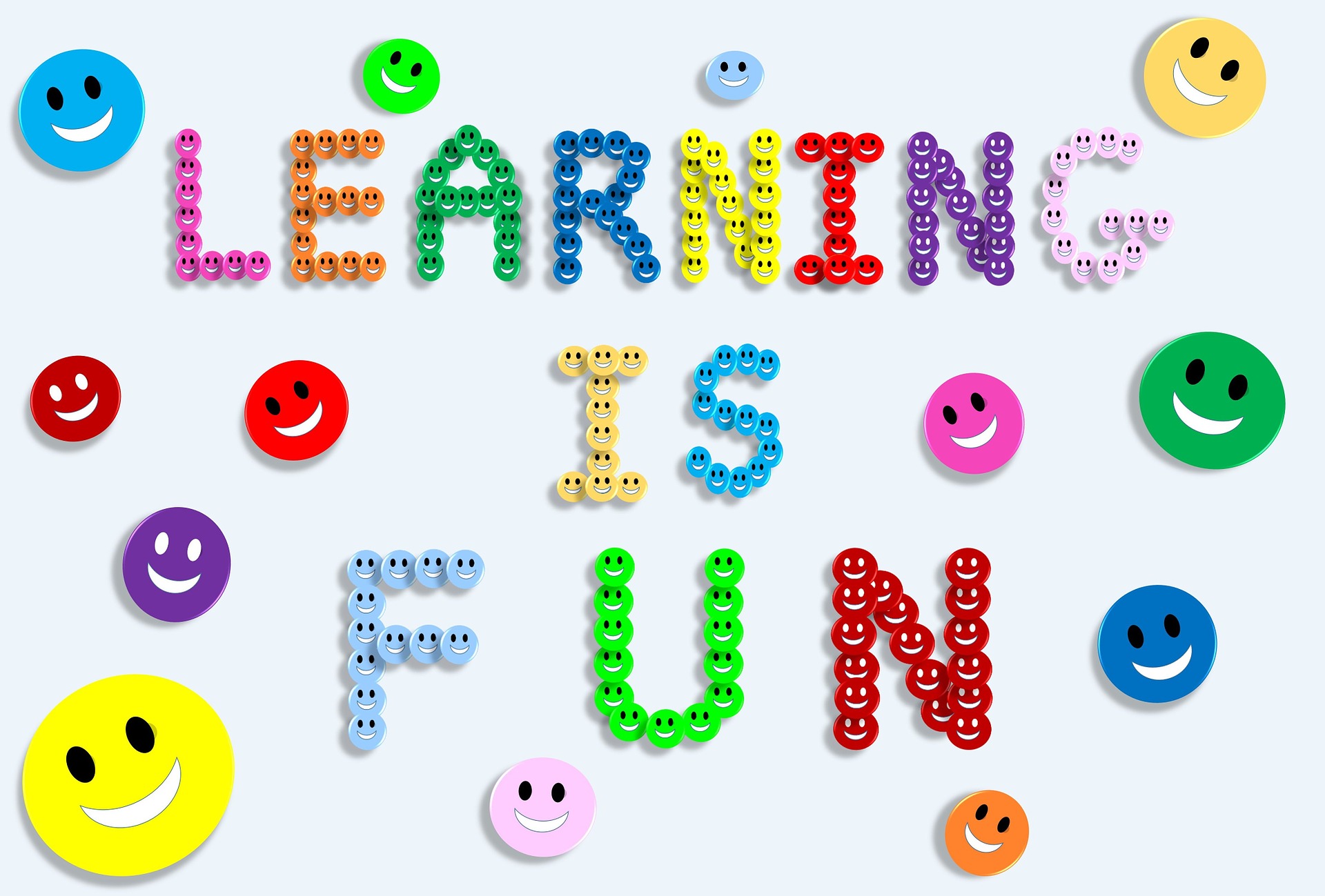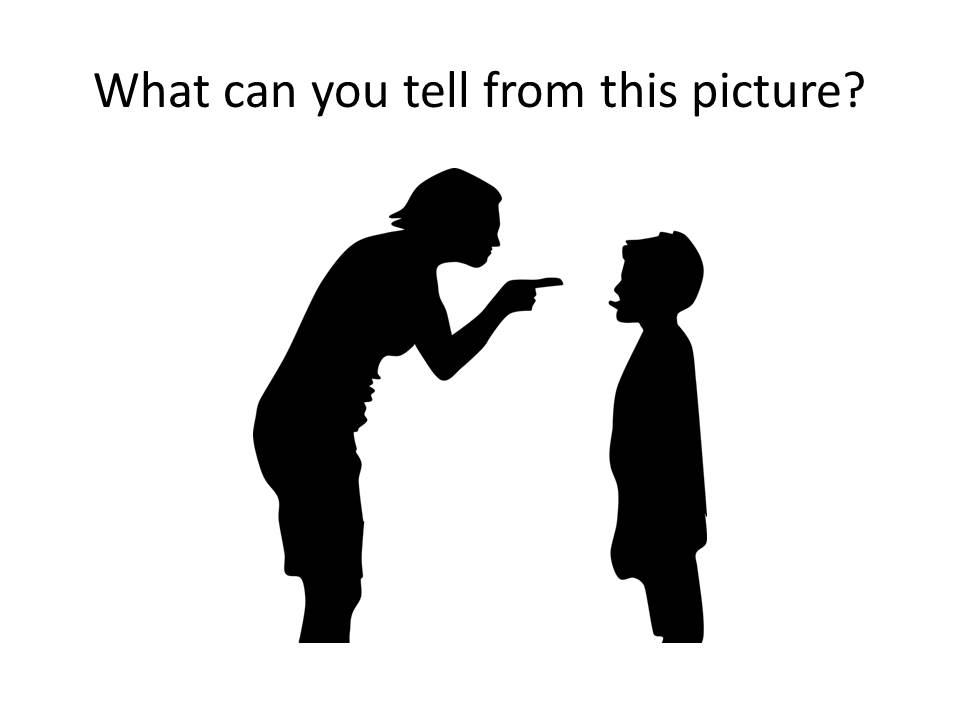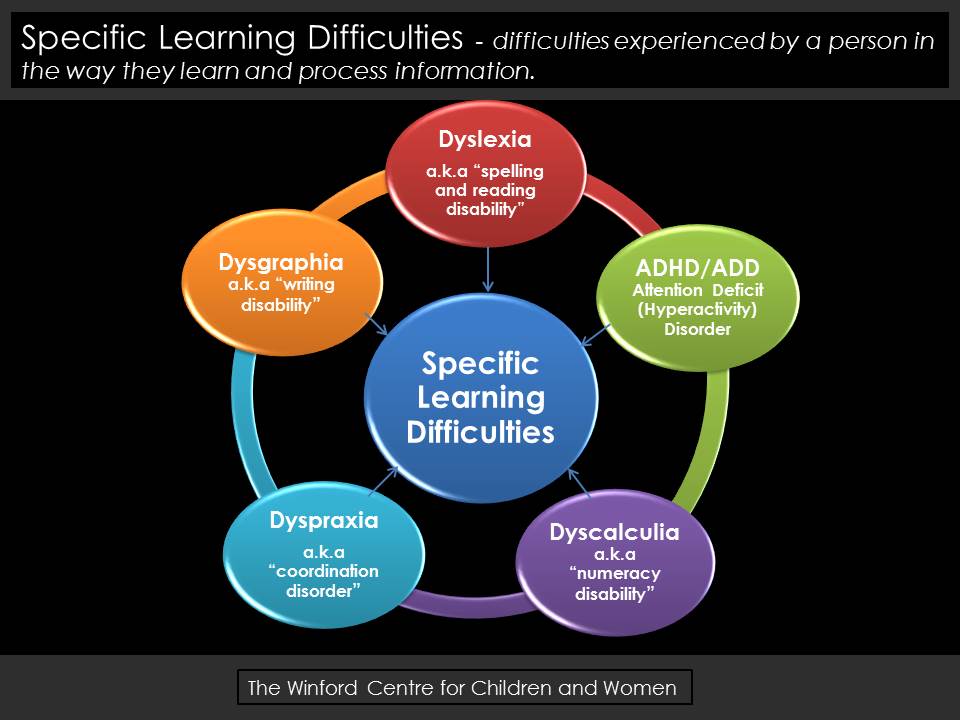
All children learn at different paces, and it is not uncommon to find that special needs children can take a bit longer to learn basic concepts. This is because of the way and rate at which they process information. Notwithstanding this, we want to ensure that just like every other child, children with special needs are able to have fun despite their challenges. For kids, learning is better when it is fun, but developmental challenges can sometimes pose a barrier to this. To overcome this challenge, we must be able to do things a bit differently. Although, it might result in more effort but it is worth every bit of that effort. If your objective is teaching, then your mission is not accomplished until learning has occurred.
These are 5 useful and practical tips to make learning fun for children with special needs:
- Use the things they love or are obsessed with to teach them new concepts. This can help make the concept easier to grasp. If a child is obsessed with cars, you use the cars to teach imagination, feelings and emotions for a start and then transfer the concept to people. You can even use it to teach simple maths concepts (additions, subtractions, multiplications and division).
- Use lots of visuals and practical displays. This makes it easier to relate to what is being taught as imagination sometimes can be a challenge.
- Divide what needs to be learnt into smaller bits so that it is not overwhelming. Remember that for a child with special needs, it doesn’t matter if the learning is at snail speed as long as it doesn’t stop.
- Embrace the use of technology. The preferred way of teaching is not necessarily the best way of teaching. A child who hates music but loves computers can learn music using computer software.
- Lastly empathy! How does empathy help you may ask? Children can sense when teaching them feels like a burden to you. So put yourself in the child’s shoes and just have fun together- no judgement.




